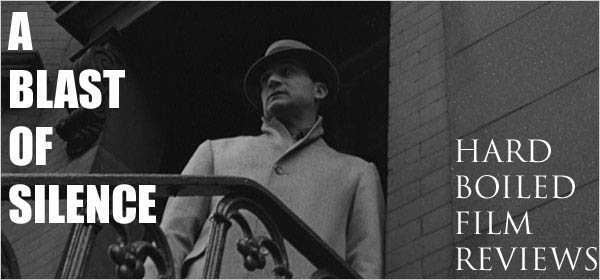
Ingmar Bergman is one of the greatest storytellers in the history of film. With The Seventh Seal, Bergman creates an allegory for death by putting Knight Antonius Block (Max von Sydow) head to head with Death in a game of chess. The symbolic nature of this game is relevant to the time period the film is set in. It's medieval Sweden, after a war, where the country is being ravaged by some sort of plague. In the opening scene we meet Block and Death for the first time. Death had chosen it to be the knight's time but Block doesn't show any sign of fearing such a thing. This, in a nutshell, is what this film is about. In the simplest point it, to me, is a film about the confrontation and the realization of death along with the acceptance, avoidance, fear and occurrence of death. The knight's journey from place to place portrays these types of things. For example, he encounters a woman who believes she has seen the devil and the men who think she is a witch. Panic and fear has spread across the land and everyone has their own way of dealing with it.
Part of this film's success is the realistic and convincing setting Ingmar Bergman creates. I actually felt like I was taking a journey along with Antonius Block and the others he encounter during the medieval time period. One of the most stunning scenes that I can attribute to this realistic feeling is the scene where the traveling players have their performance interrupted by a parade of religious leaders and people that seem to be dying of the spreading illness or are suspected of being "witches" or the like. The culmination of the sights and sounds of this scene left me with a downright chill. From this scene to the absolutely stunning and also chilling final shots, this film is jam packed of beautiful photography.
The strange thing about this film is that for a film so filled with the thought of death there is a fair amount of humor. This can be credited to the comic relief characters and plot situations such as the blacksmith's wife running off with one of the performers, only for them to meet up later on. Every actor and actress adds their own strengths to this film making for one of the most well acted films out there. I've always loved Max von Sydow's performance as the knight Antonius Block the most. He is, after all, the central focus.
In short, Ingmar Bergman's The Seventh Seal is a masterpiece of cinema. It is my favorite film of all time. It's mostly dark, moody, terrifying, extremely powerful, and full of meaning. It's the type of film you sit down to watch and are just left in awe of every time you see it. Everything, and I mean everything, is expertly done by Bergman. I always note how his films leave me as unsettled as any horror movie (or any film for that matter). His sense of direction was unrivaled. He's the greatest director of all time in my book.
5 OUT OF 5 STARS


